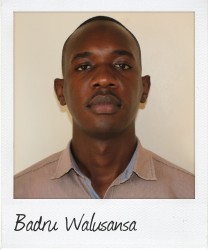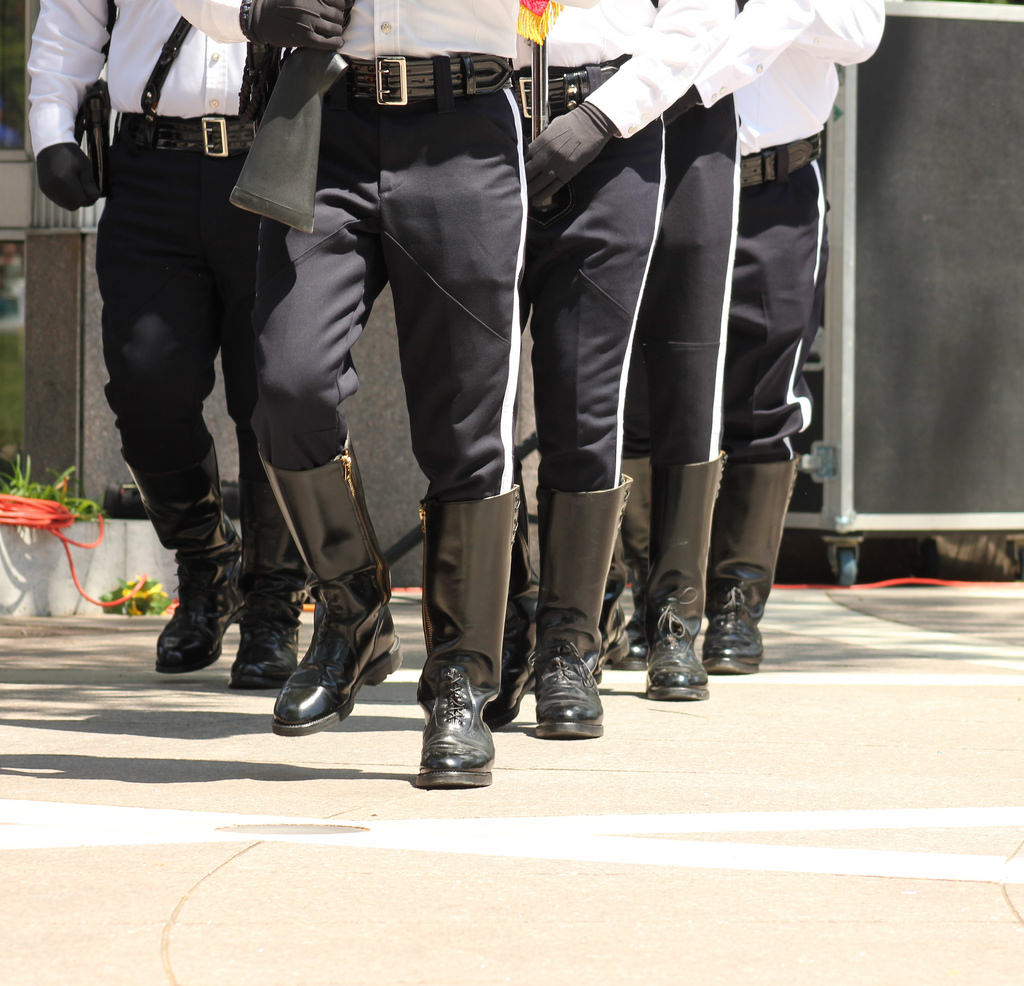“Strengthening security over a referendum”
March 19 Recent murders indicate a broken security system, writes Badru Walusansa, 26, a Commonwealth Correspondent from Kampala in Uganda, who calls for reformed leadership that will address the need to protect citizens.
Recent murders indicate a broken security system, writes Badru Walusansa, 26, a Commonwealth Correspondent from Kampala in Uganda, who calls for reformed leadership that will address the need to protect citizens.
The spate of murders in Uganda, the most recent one having claimed a life of 28-year-old Susan Magara, is a clear indication of a broken security system that the top leadership has failed to address.
In the last eight months, the country has experienced a pattern of organised crime that the responsible security organs have until now not accounted for. Several embassies have issued out security alert messages to inform their citizens about current insecurities in the country. Although these insecurities have a bearing on key sectors such as trade, investment and tourism, which contribute a lot of revenue to the economy, there appears to be limited willingness by government to crack down crime.
Insecurity in form of organised crime is a symptom of poor governance, and since no one is immune to crime we must rise up against the inaction in bring the culpable to book. Ugandans still have fresh memories of the gruesome murders of Muslim clerics, high-profile persons, and the unsolved murders in Entebbe where over 20 women were brutally killed. None of those cases has been resolved, and others are still cycling through endless investigations.
Despite the fear and tension created by organised crime, security agencies like police have only succeeded in issuing out reactionary and uncoordinated statements. Given the rate at which insecurity manifests itself in this country, one wonders whether our security agencies are fully in charge of ensuring law and order, as well as the safety of Ugandans and their property.
Recently, the security minister asserted that “security” was the biggest asset at the disposal of the ruling government. Really, what became of such an indispensable asset and who is to blame for mismanaging that kind of asset? Does the minister realise that in-fighting within security outfits is a recipe for further insecurity? Furthermore, there seems to be little concern about the bickering between the security heads, which in its sense has compromised the security question of this country.
Apparently, there is a thin line between security agencies and criminal elements, because the former has been infiltrated, which puts the country’s peace and security at peril. A state where criminal gangs wield a lot of power relative to the security agencies ceases to be a functional one. If by any chance this kind of insecurity was happening in a democratically sound state, the security heads would by now have been forced to resign due to the failure to effectively execute their mandate.
The proliferation of militia groups working closely with security organs such as police must be dealt with in order to sanitise security. There are, however, lingering questions of who is responsible for sustaining such groups and whether they are an extension of the regime, as the police chief recently suggested. Therefore, without overhauling the security structure, we are likely to continue experiencing more gruesome murders where every Ugandan, whether rich or poor, is a potential victim.
By and large, before the ruling government strategises on how to consolidate power through a referendum intended to stretch the term of office for presidency from five to seven years, there are important things to fix now, such as the country’s security. It is equally meaningless for government to capitalise on its longevity in power rather than focusing on the longevity of its citizens. We must stop being outward looking by sending out troops on security peace-keeping missions while our own internal security is limping.
Reach me at badruwalu@gmail.com
Photo credit: Elvert Barnes 17a.Ceremony.StandWatch.NLEOM.WDC.14May2017 via photopin (license)
………………………………………………………………………………………………………………
About me: I am a human rights activist, academic and writer in the local dailies. I was part of Uganda’s largest election observation group, CEON-Uganda and currently work as a Project Assistant M&E at the Legal Aid Service Providers’ Network (LASPNET). My passion is in writing and I have authored several articles on different topics in the Weekly Observer, Daily Monitor, New Vision and Independent Magazine.
…………………………………………………………………………………………………………………
Opinions expressed in this article are those of the author and do not necessarily represent the views of the Commonwealth Youth Programme. Articles are published in a spirit of dialogue, respect and understanding. If you disagree, why not submit a response?
To learn more about becoming a Commonwealth Correspondent please visit: http://www.yourcommonwealth.org/submit-articles/
……………………………………………………………………………………………………………






